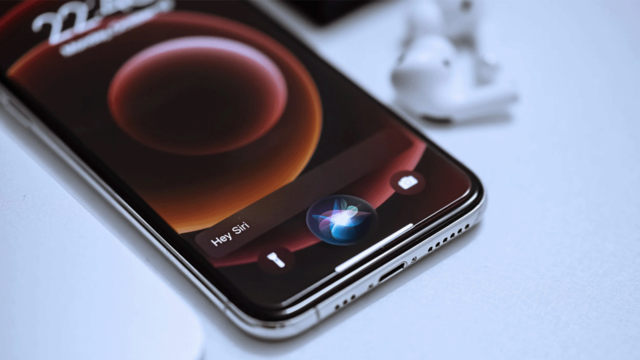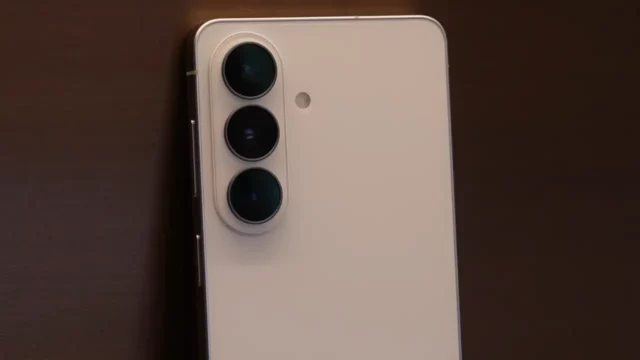Apple made headlines today after agreeing to pay $95 million to settle a lawsuit involving its popular voice assistant, Siri. The lawsuit accused Apple of recording user interactions without explicit consent, sparking outrage among privacy advocates and tech users alike.
The allegations stemmed from claims that Siri sometimes activated accidentally, recording private conversations and sending them to Apple servers. Plaintiffs argued that these actions violated user privacy and breached federal wiretapping laws. After a lengthy legal battle, Apple opted for a settlement rather than face prolonged court proceedings.
Reports surfaced about Siri capturing unintended audio
The lawsuit gained momentum after reports surfaced about Siri capturing unintended audio, which employees later reviewed for quality control. Critics argued that Apple failed to notify users or obtain proper consent, further fueling concerns about surveillance and data misuse.
Apple responded by denying wrongdoing but acknowledged the need for stronger privacy measures. In 2019, the company revised its Siri policies, allowing users to opt out of audio reviews. Despite these changes, the lawsuit claimed the revisions came too late for affected users.
The $25 million settlement marks a significant moment in the ongoing battle over digital privacy. Legal experts believe the case will set a precedent for similar lawsuits targeting other tech giants. Google, Amazon, and other companies with voice assistants could face increased scrutiny as consumer awareness grows.
Apple emphasized its commitment to user privacy in a statement issued after the settlement. The company stated, “We design our products to protect user data and ensure the highest level of privacy.”
Privacy advocates welcomed the settlement but called for stricter regulations to prevent future incidents. “This isn’t just about Apple,” said Karen Holmes, a digital rights attorney. “It’s about holding companies accountable for respecting user privacy.”
The settlement includes compensation for affected users and improvements to Siri’s privacy features. Apple plans to roll out additional updates in the coming months to address lingering concerns. The company also pledged to increase transparency about how it collects and processes voice data.
This case underscores the growing tension between innovation and privacy in the tech industry. As digital assistants become more integrated into daily life, users demand greater control over their data.
For Apple, the settlement signals a costly reminder of the responsibility that comes with technological leadership. The company now faces the challenge of rebuilding trust while maintaining its reputation as a privacy-focused brand.














